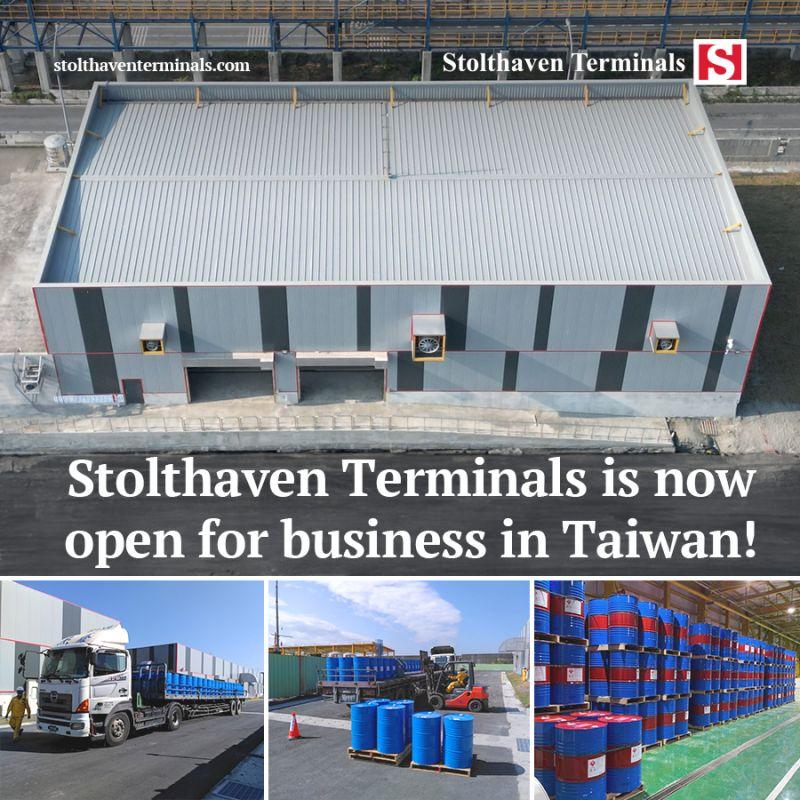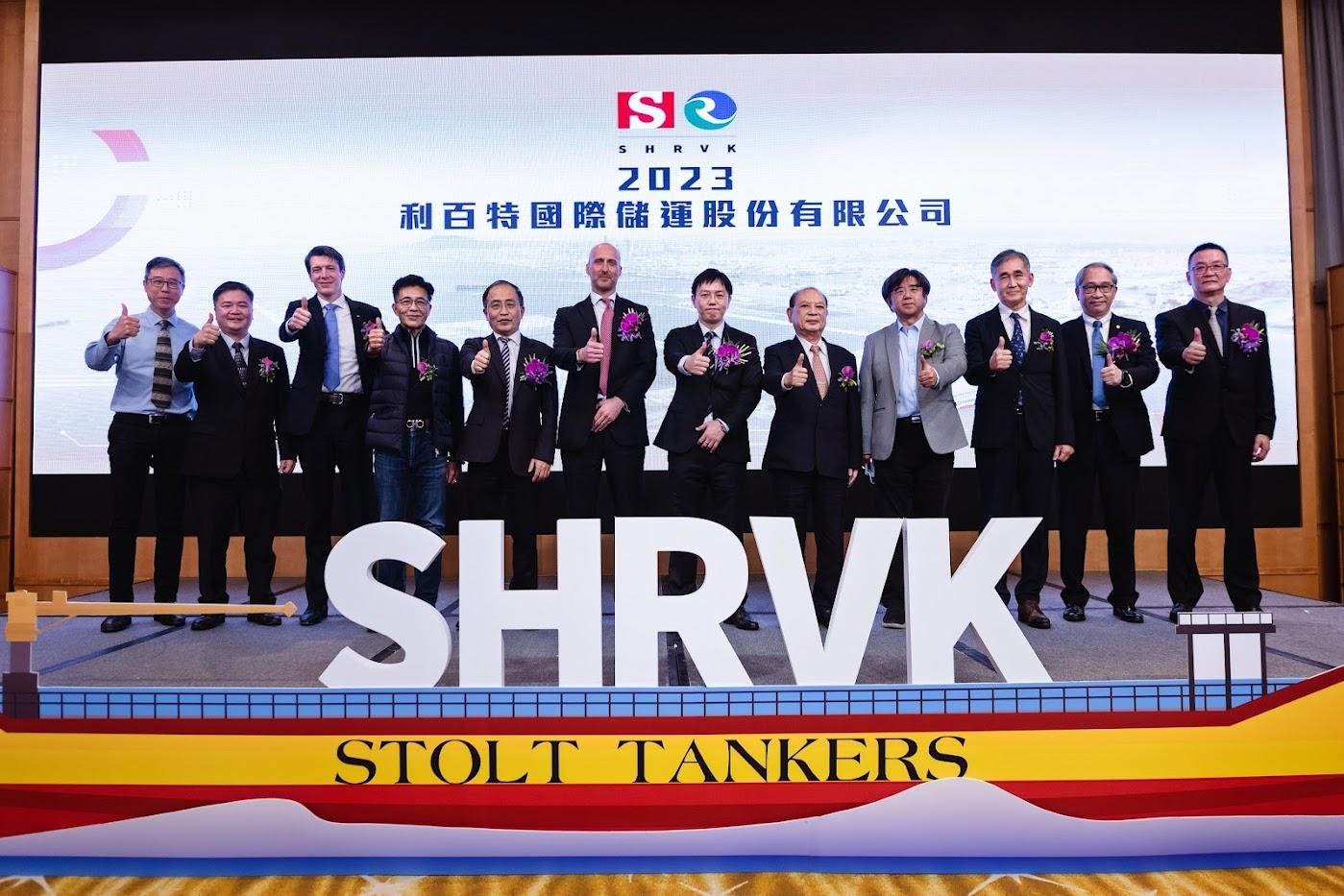Future fuels: we need the old to finance the new

※Source: www.stolt-nielsen.com/news-insights/insights/future-fuels-we-need-the-old-to-finance-the-new/
Governments and industry, in general, agree there is a need for decarbonisation and that cleaner fuels are the future – but we should be under no illusions. First, this is going to come at a financial cost. Second, where is that money going to come from? Unfortunately, a significant proportion of the finance needed will depend on fossil-fuel-based business as usual, at least for a while.

Guy Bessant, President of Stolthaven Terminals, says assessing the tipping point will be tricky for all involved. How long do industries continue to use ‘old’ fuels and when is the right moment to forsake the old assets and turn away from the cashflow they generate to position businesses for the future ?
"The reality is that we all have to use cash generated from the ‘old’ ways to fund the future. If we suddenly abandoned oil, then we would have nothing to invest in future fuels," says Bessant.
"It must be a transition, a gradual tipping of the balance. How this works out in practice is dependent on so many pieces of the puzzle. Everyone who has an interest must work together if we are to succeed – and overall, the process needs an enlightened approach."
While the search for future fuels may appear to be the ultimate ‘chicken-and-egg’ scenario, realistically we are not looking at an abrupt overnight switch from traditional to future fuels.
"We are all on a learning curve," says Bessant. "For example, liquefied natural gas (LNG) has become quite well established, but it is also being described as a transition fuel and ships being built now, with traditional or dual fuel capability, will still be operating in 20 years’ time. And even these may need to be retrofitted with new technology during that period. So, it could be some time before we speak in committed terms about any future fuels."
The speed of the maritime fuel transition will be dictated not only by the shipping and storage industries but also by regulators, which have a crucial role to play.
Bearing in mind the storage challenges of fuels such as ammonia and hydrogen, which must be very carefully handled to store them safely, there is also an inevitable debate around safe and suitable locations for storage.
"You can create this ecosystem, find willing suppliers and buyers, but regulators will need to sign this off. The whole issue of permits and licensing has not really been touched on."
Preparing for the inevitable
Despite these challenges and uncertainties, Stolthaven Terminals is already implementing changes and planning for the future, building on its knowledge and expertise in the safe storage of a wide range of fuels and chemicals.
"Biofuels are a relatively simple drop-in replacement for existing products, albeit it at a higher cost, and some of our terminals are storing hydrotreated vegetable oil (HVO) already," says Bessant. "We are a big player in storing the raw materials that go into making biofuels, including waste products such as used cooking oil and tallow from slaughterhouses. We have also stored sustainable aviation fuel (SAF), which is currently a focus for airlines."
In its more ‘traditional’ storage company role, Stolthaven Terminals provides services to customers that supply bunkers to vessels and, in terms of accommodating alternative fuels, biofuel and methanol would be the ‘easy’ options, says Bessant.
"Ammonia is often quoted as being a frontrunner, but it needs purpose-built pressurised or refrigerated tanks and it can be toxic, so it would be difficult to store in certain locations – for example, if the local authorities say it is too close to residential or working areas. Hydrogen can be stored in different forms but is most likely to be refrigerated under pressure. The technology exists to do the refrigeration, liquefication and de-refrigeration, but all that needs a lot of energy."
So, the question is: should storage companies invest in very specialised assets, hoping the customers will come, or do they wait for firm commitments from customers?
Bessant believes a collaborative approach will be crucial. In his role as chairperson of the European Petrochemical Association’s (EPCA) Supply Chain Program Committee, he has said that the need for building strong partnerships and collaboration in the industry has never been as important as it today. As such, he is encouraging innovation and cooperation between industry leaders.
"It must be a transition, a gradual tipping of the balance. How this works out in practice is dependent on so many pieces of the puzzle...and overall, the process needs an enlightened approach." Guy Bessant, President, Stolthaven Terminals
"Do you really want to get into an old-fashioned, fiercely competitive situation where no one really wins, or do you start creating an ecosystem where multiple parties work together to create a solution and we all share the benefits?"
"You have to work with the ship owners, the port authorities, the terminal operators – perhaps multiple terminal operators have to work together, within the bounds of anti-trust. And you must work, in some circumstances, with technology providers who can, for example, liquefy hydrogen."
The close integration and experience shared between Stolt-Nielsen’s businesses will be crucial too, as will experiences gained through the Company’s investments in Avenir LNG and Avance Gas.
The realities are that (so far) there is no clear, clean winner – and whichever path is chosen, the cost will be considerable.
A key benefit of LNG is that it delivers reductions in NOx and SOx, but CO2 is still emitted, says Bessant. "However, it will serve its purpose until there is a more viable alternative and it could become greener as it is further developed."
"Biodiesel can be stored and used in place of traditional diesel. However, it is the really ‘future future fuels’ – ammonia, hydrogen, maybe something we haven’t even identified yet – that will require new investments. Over time, economies of scale, government subsidies and carbon taxes could make various fuels into viable alternatives."
Equally, providing the storage facilities will become less expensive as more projects are developed around the world.
Partnership approach
An important element of the learning curve in terms of future fuels is partnership working, says Bessant. That starts with Stolthaven Terminals’ customers. "We’re listening to our customers – we want to hear their concerns and provide advice and support to tackle the challenges they face. At end of the day, it’s about identifying and investing in the infrastructure for storing the future fuels that will benefit all our stakeholders."
- In the Netherlands, Stolthaven Terminals has collaborated with Delft University of Technology (TU Delft) to design a concept hydrogen terminal. "We set them the challenge of designing a master plan for the location and design of a hydrogen hub terminal able to trans-ship, store, handle and, if necessary, process hydrogen of various forms," says Bessant. The exercise may not deliver the ‘perfect plan’, but it will identify areas for further investment and the challenges to be overcome.
- In Brazil, Stolthaven Terminals has teamed up with Pecém Industrial and Port Complex (a joint venture of Ceará State Government and the Port of Rotterdam) to explore plans for a green export hydrogen hub in Pecém Port. The terminal will focus on providing storage and handling services for green hydrogen and associated products.
- In Japan, ENEOS has started the country’s first demonstration project to extract hydrogen at its refinery using Methylcyclohexane (MCH). Stolthaven Terminals is partnering with stakeholders in the supply chain to store MCH.
- Stolthaven Terminals is also involved in partnerships looking at potential ammonia projects, in Brazil, Taiwan and Turkey.



